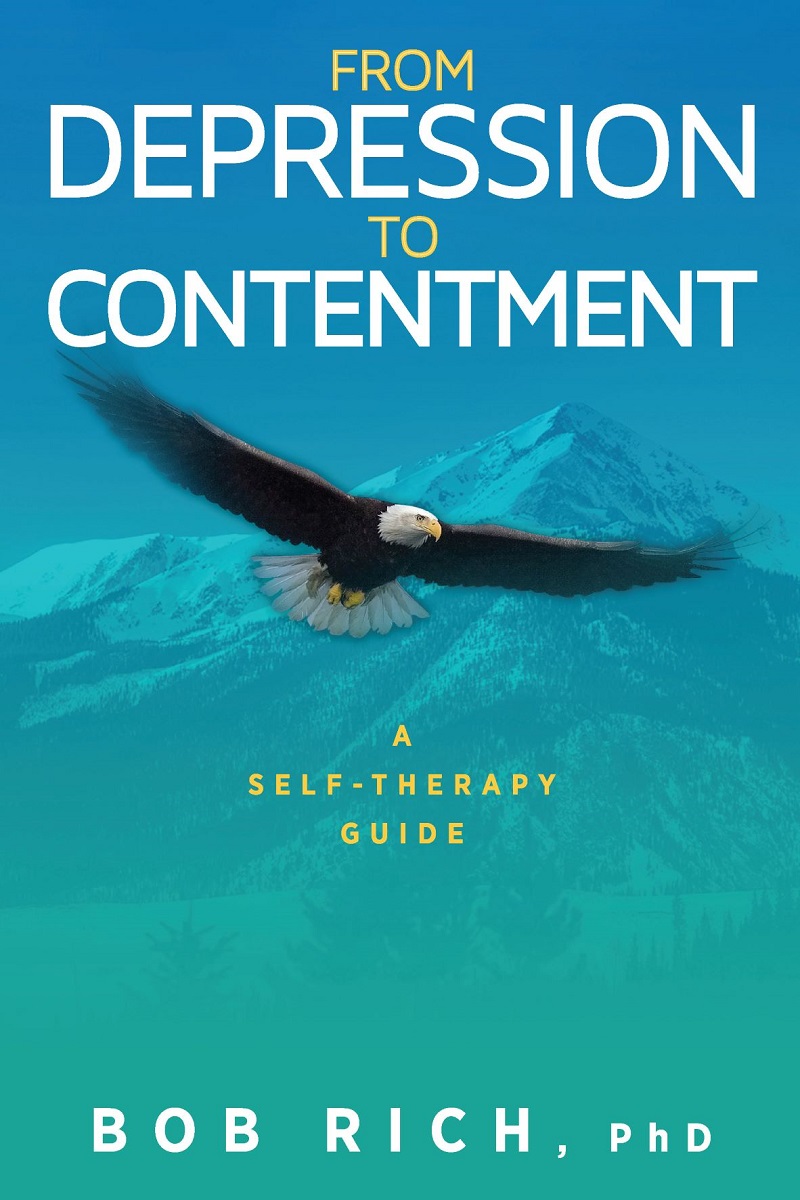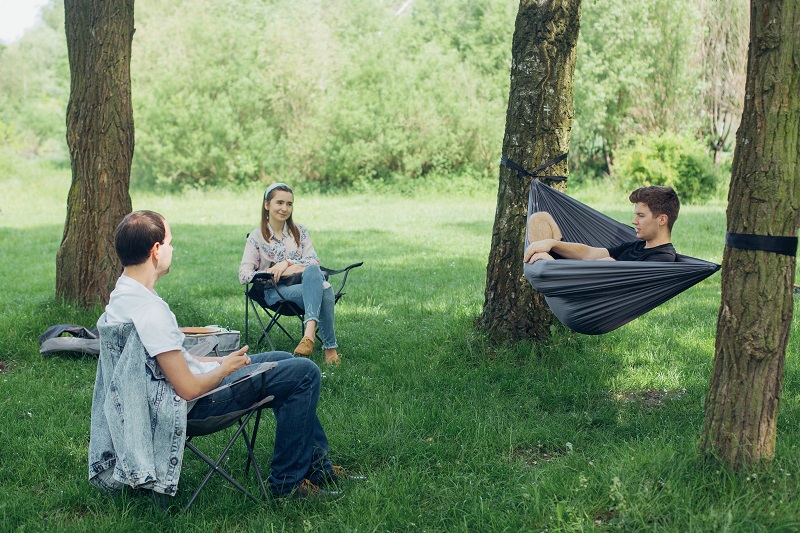Anxiety and Depression
Bob Rich’s Self-Therapy Guide: Social Connectedness
Bob Rich’s book From Depression to Contentment: A self-therapy guide is therapy in your pocket. Depression, anxiety, and other forms of suffering are all too common in our crazy world. Bob teaches you how to rise from that to “normal,” which is the walking wounded, then far above that, to inner strength enabling you to cope in any situation.
Like Charles Dickens did with his novels, Bob has converted this book into a series of posts, free on this site, because he wants to be of benefit. In the seventh post in his series, Bob shared creative activities that can fill daily life’s moments with happiness. The following is the 8th excerpt from his book and it discusses the importance of social connectedness for keeping depression at bay.
Social Connectedness
Megan worked as a sales assistant in a huge department store. She described it as being a trained pair of hands and an automatic smile. To customers, she was a thing that took their money. She had no contact with other workers except during the lunch break, and even then, she knew they were not interested in her as a person. All the talk was on superficial topics she couldn’t care less about. To her superiors, she knew herself to be no more than a number, someone to keep an eye on.
Irene worked in the same store. She loved her work, particularly the people aspect. She said some customers came regularly, and they always had a friendly chat with her. She’d watched their kids grow over the years. She took an interest in her colleagues, and several had become her friends, with frequent after-work contact.
Both these women came to me through the store’s Employment Assistance program. Irene came for chronic pain management, because of a painful lower back, and RSI in both wrists. It won’t surprise you to find out that Megan came for help with Depression.
Research shows that a person needs to have close connections to other people. Being part of three (possibly overlapping) networks is the minimum, but more is better. I’m a loner, but when I learned about social connectedness, I counted mine. I was part of 20 networks.
Paul was the custodial parent of two daughters. His ex-wife had abused the girls, and he’d won sole custody, denying her access. He was also suicidally depressed. The only thing keeping him alive was that his death would impose terrible suffering on his daughters. When we worked together, the reason became clear: he only had ONE social network: he and his daughters. He had no feeling of connection to anyone else at all.
When you’re in the grip of Depression, you want to avoid company. Also, others won’t enjoy being with a grump. A third way Depression isolates you is by whispering that the people you care for are too good for you, and the best thing you can do is to separate from them.
Remember, whatever your Depression tells you, do the opposite. Remember, it’s doom-colored glasses that hide the good things and focus on the bad.
It’s important to note that I am not talking about introversion-extraversion here. People vary according to their need for being with others. The extreme extravert is a party animal who dislikes being alone and craves human company. The extreme introvert is a loner who prefers solitude, and is uncomfortable in many social situations. Most people are in between — about two-thirds are neither one nor the other.
You can suffer regardless of your place on the introversion-extraversion scale. And even extreme introverts need social connectedness. You could be on a solo round-the-world yacht trip with no radio, and be socially connected. This is because you’ll know there are people who think of you as important in their lives, and you carry them around with you in your heart. As advance reviewer TA Sullivan stated, if I go away, I am connected to those “whose life I disrupt; who miss me on a day-to-day or week-to-week basis.”
So, when your Depression tries to isolate you, resist by involving yourself with other people. Distract yourself from your woes by taking an interest in the lives of others. That’s what I did as a youngster: I collected “lame ducks” who needed my help, so I could worry about them instead of myself. Fight back by doing random acts of kindness, enjoy the play of little children. If face to face contact is more than you can cope with for now, use the internet.
Here is a secret. When you avoid people, it’s typically because you’re scared of being judged. Actually, most others are so busy being the stars in their own inner shows that they spend little or no energy in judging you. To them, you’re a walk-on extra. Instead, their attention is on assessing how others (including you) judge them.
If you go into a new situation, some people will ignore you. Ignore them. Some may react to you negatively. Their loss. But there will also be people who react with friendship and kindness. They are your future teachers and supports. Smile at them. Be open, by saying quietly, “You know, being here terrifies me. All I want to do is to run out the door, and I’m here as an act of courage.” If you have picked the right person to say something like this to, the reaction will delight and uplift you.
It’s far easier to move into a new group if there is a common purpose. This could be anything: church, a sport, hobby or skill, a course of study, activism to advance a cause… If you have a passion or an interest, find others who share it with you. Cooperate with them. Once there is a connection, go out of your way to be useful and of benefit to the others. Friendships will build.
The most useful group you can use is Toastmasters. On the surface, this is a group that enjoys public speaking, which I know you find scary. However, it’s actually group therapy for self-confidence and inner poise. Most members start with a strong fear of speaking in public. Within a year, they do so with verve. You can also achieve this.
– Dr. Bob Rich





